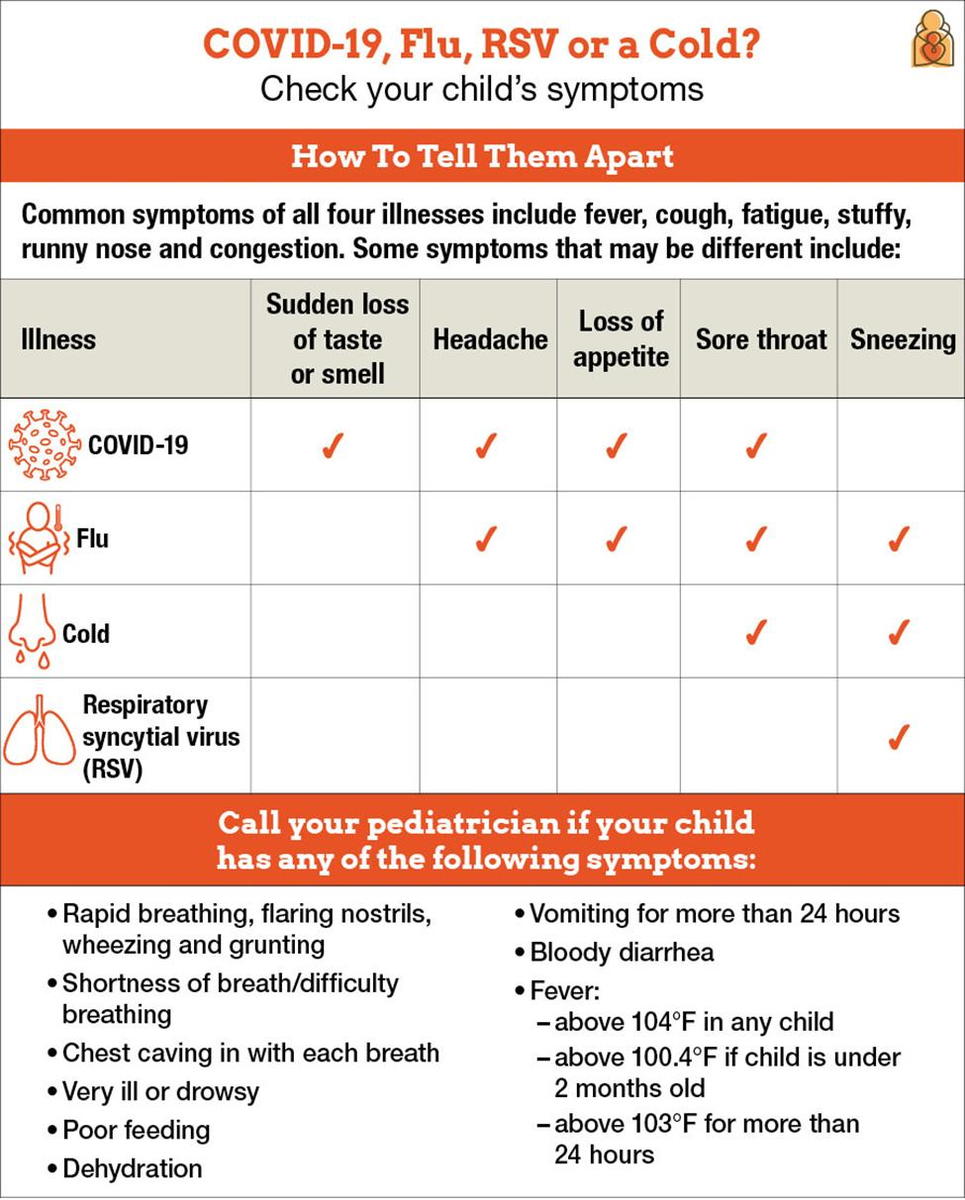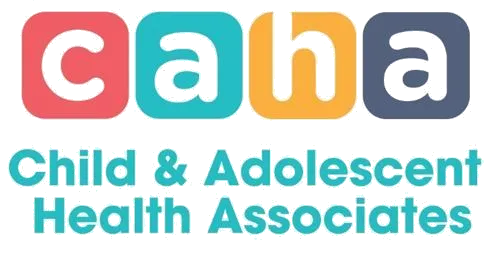RSV: Not Your Average Cold. Here’s What to Know!
What is RSV?
Respiratory Syncytial Virus is a common virus that most people will be exposed to within the first couple years of life. Like other “cold” viruses, it can affect the nose, throat and lungs. However, this respiratory virus can produce very severe symptoms in some kids – especially those under two years old and children with underlying lung disease (asthma, CF, etc).
RSV is typically seen in our community in the late fall through winter, however the past two years we have seen high rates of RSV during atypical times (like throughout the summer and currently during this early fall 2022).
What should I look out for in my baby?
Classically, RSV causes cold-like symptoms, but it can develop into a syndrome called bronchiolitis. In the first few days of infection your child may display fever, cough, congestion, runny nose and fever. Symptoms may worsen, especially during days 3-5 of infection, to include signs of respiratory distress, such as: nasal flaring, rib retractions, belly breathing, grunting, wheezing and fast breathing. When this happens, we call it “bronchiolitis”, which means “inflammation of the small airways of the lungs”. If any of these more severe symptoms are occurring in your child, you should contact your pediatrician as soon as possible.
Here is a video by the AAP showing signs of respiratory distress that you should look out for:
How do I know if my child has RSV? How do I treat RSV?
While we can test for RSV through a nose swab, there is little reason to test most kids. Unlike influenza, which can be treated with Tamiflu in the early days, there is no treatment for RSV and hence testing will not change what you do at home. Minimally symptomatic kids who were exposed to RSV (regardless of age) and kids over 2 years old rarely need to be tested. Steamy showers, suctioning little noses, and keeping babies hydrated with small and frequent feeds are the best at-home care. Acetaminophen and ibuprofen (for babies over 6 months) may help control fever and make kids feel more comfortable.
We are seeing an unseasonably high number of sick kids this fall, so being prepared and taking some basic precautions for your family can help keep everyone healthy.
Encouraging frequent handwashing, covering coughs with your elbow, and staying away from other sick people (even with minor symptoms) can help decrease the spread of viruses.
We are currently seeing a mix of RSV, COVID-19, Influenza, and other common cold viruses in Chicago. Here is a nice schematic by the AAP that can help you distinguish between the viruses based on symptoms. Regardless, if you are worried your child is struggling to breath, seems very ill or has signs of dehydration, contact or visit your pediatrician as soon as possible.

